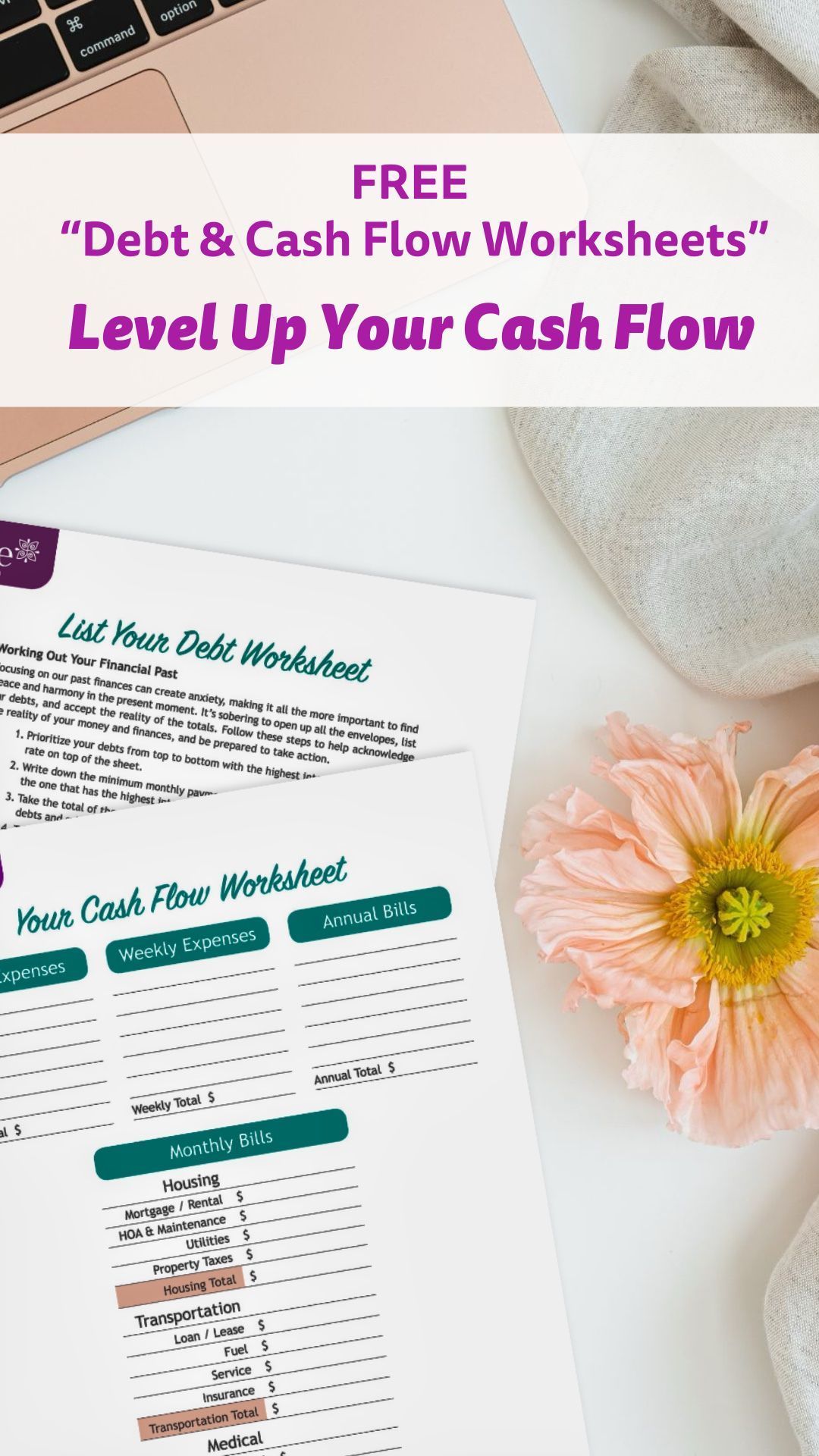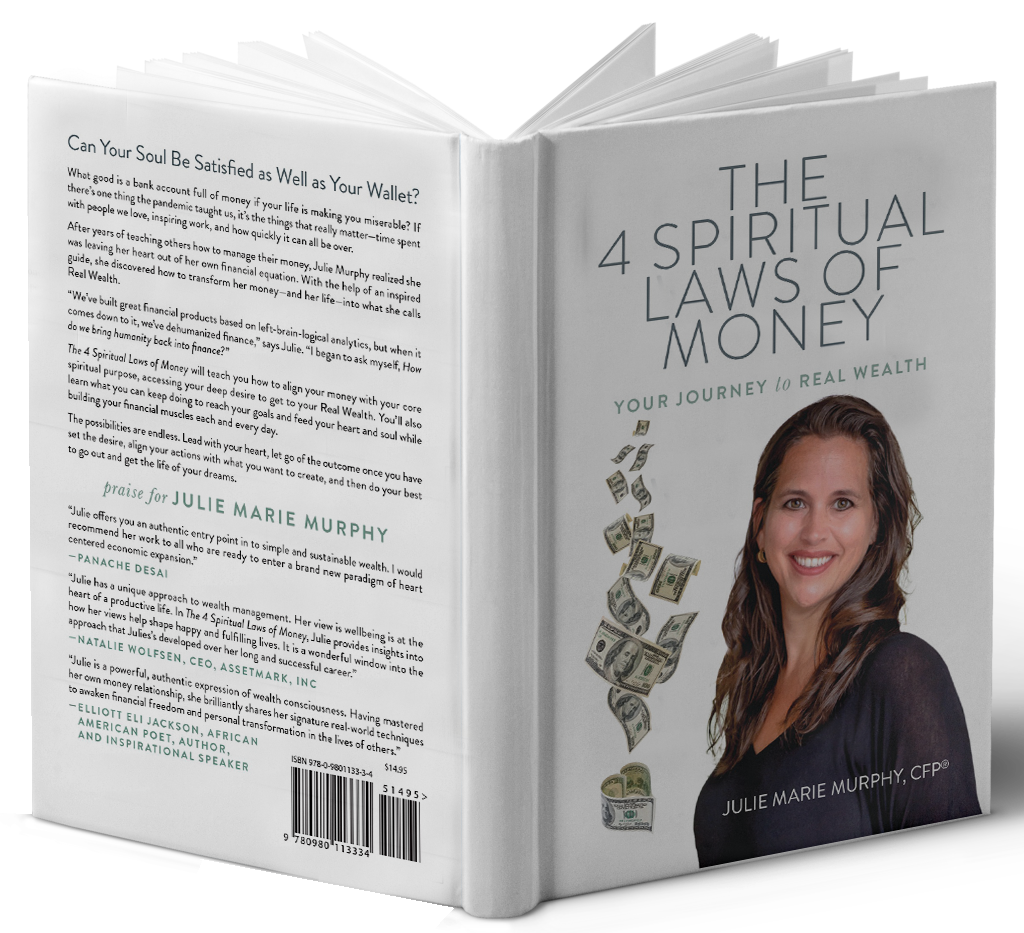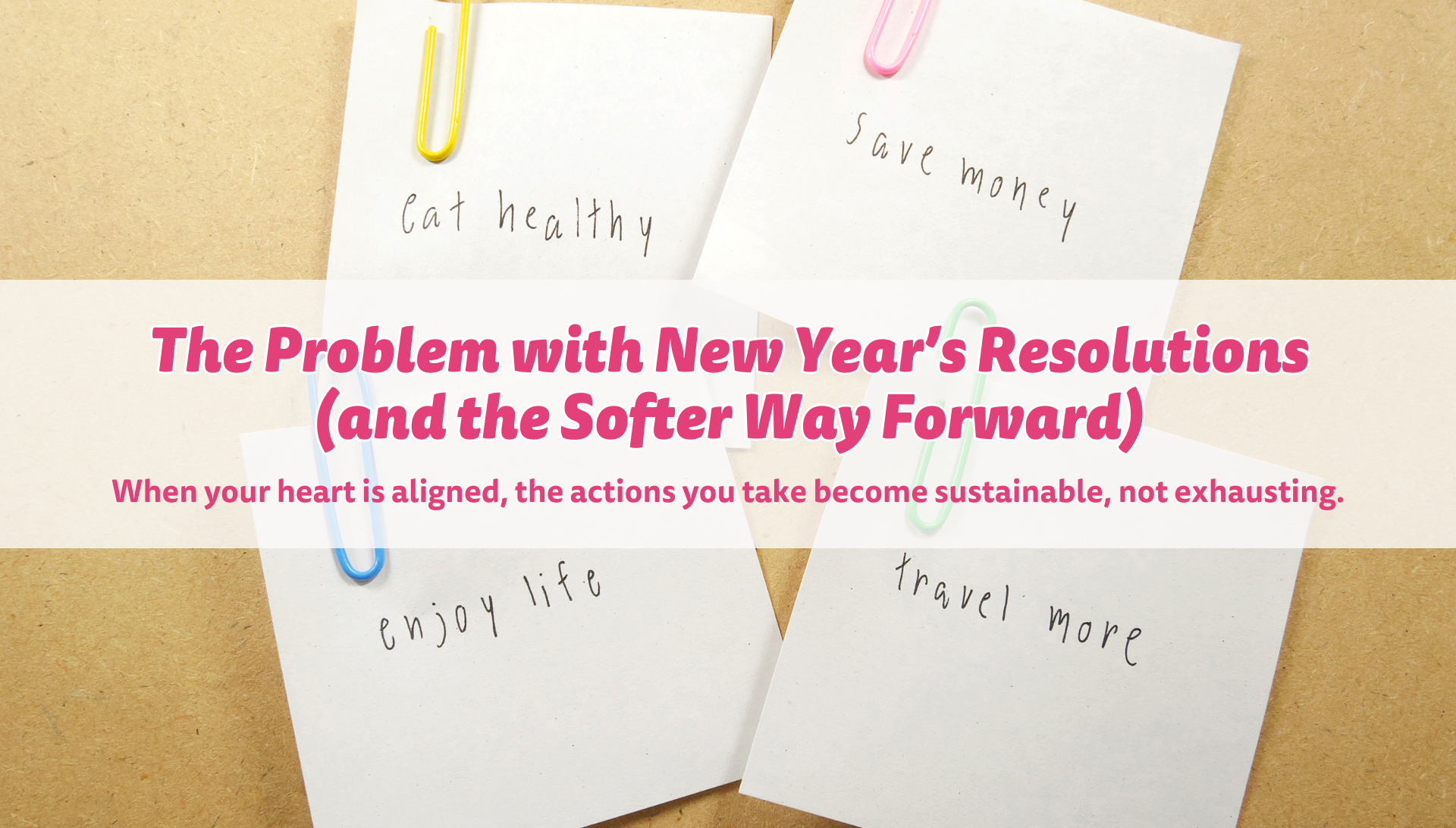Overcome guilt to repair your relationship with money
Guilt.
What’s the first thing you think of when you hear that word? For many, it’s naming the many things they feel guilty about in their lives. Maybe not spending enough time with the family, or moving away from ailing parents to further a career. Or it could be something as simple as not smiling at the doorman at your office building.
What makes you feel guilty?
We are taught to judge ourselves, and usually that judgment is a negative one. Growing up, we watched our friends – and then commiserated with them – about what was wrong with the way we looked. And we had front-row seats to the things our parents were dealing with when they were raising us, whether it was a rough financial situation or body image issues. For as long as we can remember, we’ve stared judgment and guilt in the face and have become accustomed to the negative feelings associated with them.
So now as adults, after we’ve spent a lifetime witnessing self-inflicted harsh criticisms and judgment, we turn to guilt as a way to deal with the things that give us the most anxiety.
Maybe you struggle with your weight, so you assign foods as “good” or “bad” and vow to never eat the “bad” foods again. You may break down and indulge in one of those foods because you want to eat it, but then you are consumed with guilt almost immediately after it’s gone. You associate something that makes you happy – a favorite food – with an almost entirely negative emotion – guilt.
Sound familiar? Well, this same course of restriction, indulgence and guilt happens in our relationship with money. We vow to save every available penny for a set amount of time. But then a night out with friends turns into a blown savings plan, and an enormous amount of guilt. And we experience guilt in these kinds of situations because we judge ourselves.
It’s incredible how closely intertwined our thought processes are when it comes to food and money. Many of us have big goals in both of these aspects of our lives. We set the bar impossibly high, which inevitably leads to not achieving the kind of success we set out for. And we were trained to punish ourselves through rough criticisms of our shortcomings, and that road always leads to guilt.
What do you do when you feel guilty? Do you continue to scold yourself for not being the perfect person you set out to be? Do you give it strength by spending more money on things you don’t need, further blowing your budget and disregarding your savings plan? Do you wallow in it with inaction?
More often than not, guilt is a useless emotion. It breeds negativity, encourages complacency and holds you back from your goals – financial or otherwise. The next time you feel guilty about something you bought, take a step back and ask yourself why you feel that way. Then remind yourself that feeling guilty isn’t going to help you make a positive choice next time around.
This week, work on not judging yourself so harshly. If you slip up on the diet plan, it’s okay because you always have the next opportunity to eat healthier. The same goes with your finances. We won’t always be perfect with our money, especially when we’re just starting out with saving or investing. Going a little bit easier on yourself means more positive energy and less guilt.
Tags: guilty spending, guilt when spending, holiday spending, feeling guilty about money, emotion and money, guilt and money, money and psychology, Julie Murphy, Emotion Behind Money, Chicago personal finance, Chicago financial planner, Chicago personal finance author, Chicago personal finance speaker
The post Overcome guilt to repair your relationship with money appeared first on Julie Murphy.
Share Blog On Social
Recent Blogs

Similar Blogs







